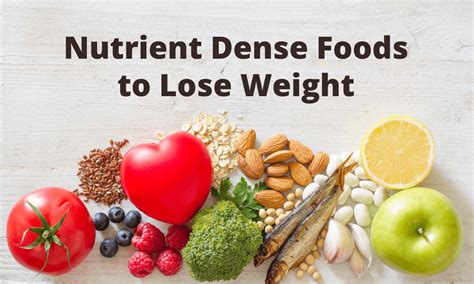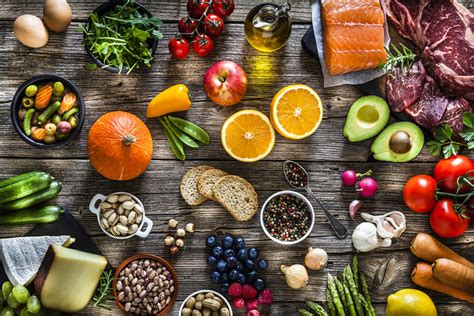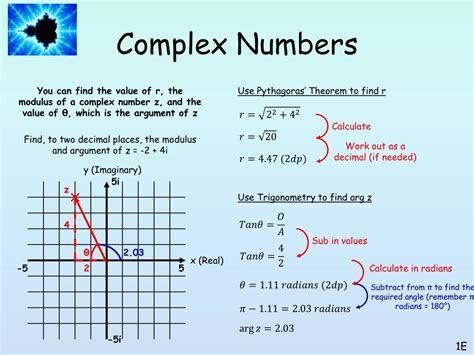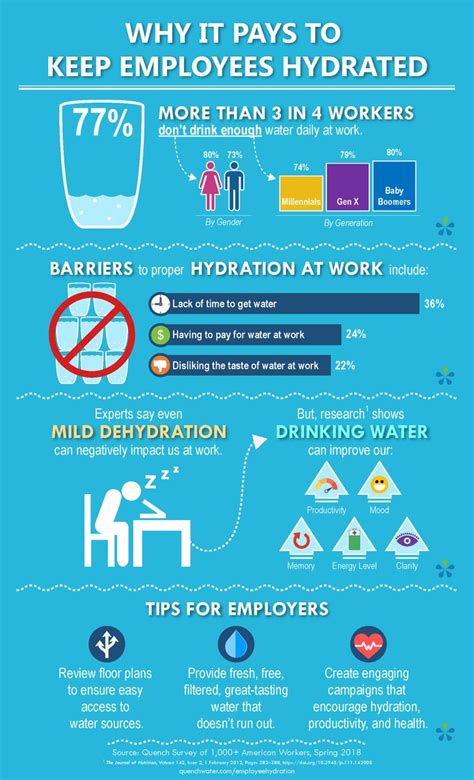What specific foods optimize male testosterone and energy for peak performance?

Fueling Masculinity: The Dietary Blueprint for Optimal Testosterone and Energy
For men striving for peak physical and mental performance, the role of nutrition is paramount. Beyond just building muscle or maintaining a healthy weight, specific foods can significantly influence vital hormonal balance, particularly testosterone, and provide the sustained energy required to excel in all aspects of life. Understanding which foods to prioritize can transform your health, vitality, and overall output.

Micronutrient Powerhouses: Essential for Testosterone Production
Testosterone synthesis is a complex process that relies heavily on a handful of crucial micronutrients. Deficiencies in these areas can directly impact hormone levels:
- Zinc: Often called the “male mineral,” zinc is fundamental for testosterone production and sperm quality. Excellent sources include oysters (renowned for their high zinc content), red meat (beef, lamb), pumpkin seeds, spinach, and cashews.
- Vitamin D: More than just a vitamin, Vitamin D acts as a steroid hormone in the body, with a strong correlation to testosterone levels. Sun exposure is key, but dietary sources like fatty fish (salmon, mackerel, tuna), fortified milk and cereals, and egg yolks can also contribute.
- Magnesium: Involved in over 300 enzymatic reactions, magnesium plays a role in reducing oxidative stress and improving sleep quality, both of which are beneficial for testosterone. Find it in dark leafy greens (spinach, kale), nuts (almonds, Brazil nuts), seeds (chia, flax), and whole grains.
The Right Fats: The Building Blocks of Hormones
Cholesterol is a precursor to testosterone, and consuming the right types of fats is crucial for its healthy production. Not all fats are created equal:
- Monounsaturated Fats (MUFAs): Found in avocados, olive oil, and various nuts (almonds, cashews, pecans), MUFAs are heart-healthy and support overall endocrine function.
- Polyunsaturated Fats (PUFAs), especially Omega-3s: These essential fatty acids, abundant in fatty fish (salmon, sardines, trout), flaxseeds, and walnuts, are vital for reducing inflammation, improving cellular health, and supporting hormone synthesis.

Lean Protein: Muscle, Satiety, and Hormonal Support
Adequate protein intake is not just for muscle growth; it provides the amino acids necessary for hormone synthesis and helps maintain stable blood sugar, which indirectly supports testosterone levels. Protein also contributes to satiety, helping manage weight, another factor in hormonal health.
- Sources: Lean cuts of beef, poultry (chicken, turkey), eggs, Greek yogurt, and plant-based options like lentils, beans, and tofu.

Complex Carbohydrates: Sustained Energy for Performance
While fats and proteins are crucial for hormones, carbohydrates are your primary fuel source for energy, especially for intense physical activity. Opt for complex carbohydrates for sustained energy release, preventing energy crashes that can affect performance and mood.
- Whole Grains: Oats, quinoa, brown rice, and whole-wheat bread provide fiber and steady energy.
- Starchy Vegetables: Sweet potatoes, yams, and squash are excellent sources of complex carbs, vitamins, and minerals.
- Fruits and Vegetables: Berries, apples, bananas, leafy greens, and cruciferous vegetables (broccoli, cauliflower) are packed with antioxidants, vitamins, and fiber. Cruciferous vegetables, in particular, contain compounds that help the body manage estrogen levels, which can indirectly support testosterone.

Hydration and Other Key Players
Don’t underestimate the power of water. Proper hydration is critical for every bodily function, including metabolism, nutrient transport, and energy production. Furthermore, incorporating specific herbs and spices like ginger, garlic, and fenugreek has shown promise in some studies for their beneficial effects on testosterone.
Optimizing male testosterone and energy for peak performance isn’t about magic pills or extreme diets. It’s about a consistent, balanced approach to nutrition, prioritizing nutrient-dense whole foods. By focusing on zinc, Vitamin D, magnesium, healthy fats, lean proteins, and complex carbohydrates, along with adequate hydration, men can naturally support their hormonal health and unlock their full potential.









